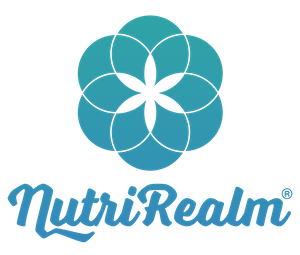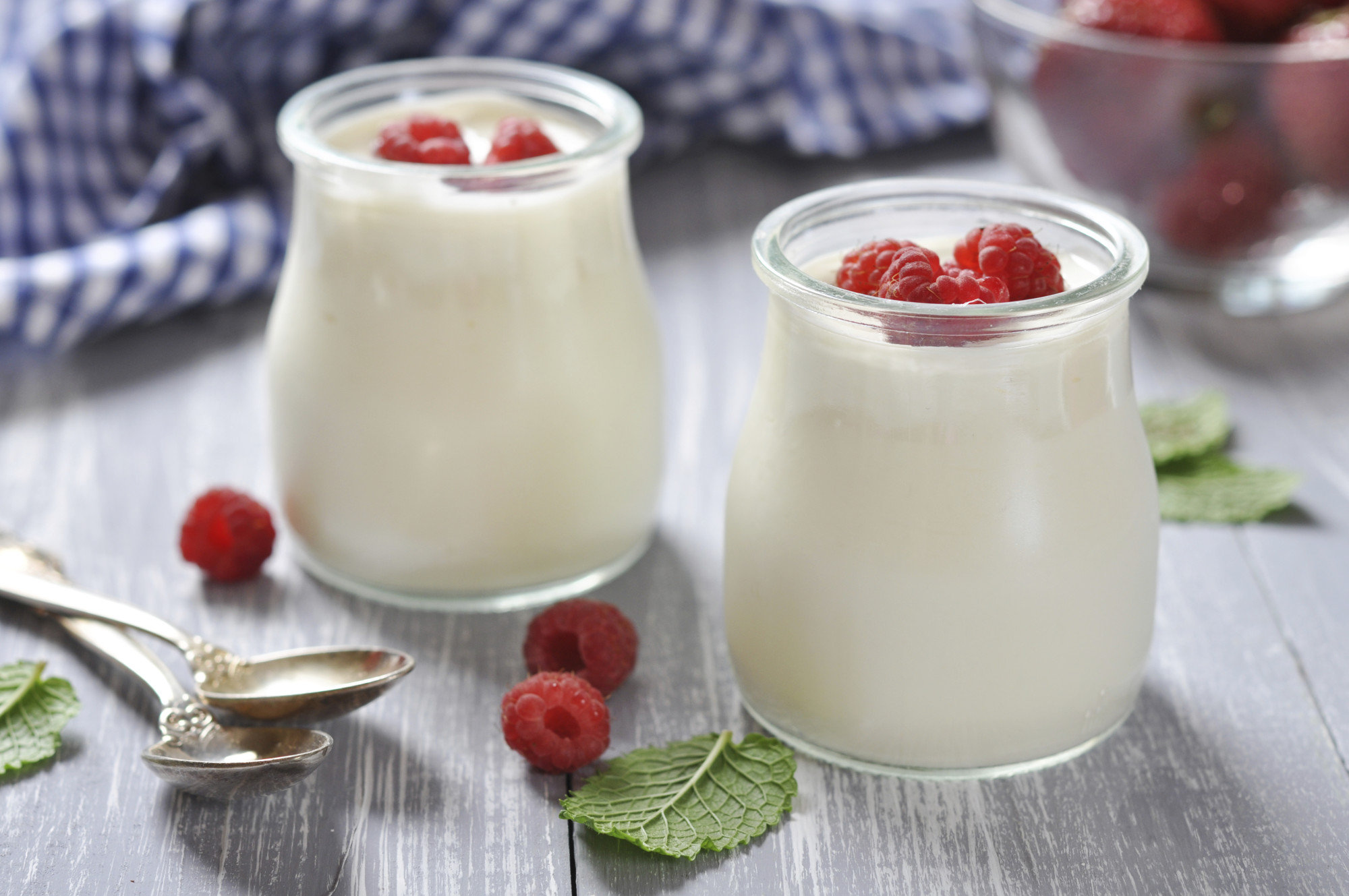Michael Pollan was right when he said: “Some of my best friends are germs…” better yet, bacteria, gut friendly bacteria! There are approximately 10 trillion cells in the human body, that’s a mind-boggling number to imagine. Even more unfathomable is the fact that we humans have 100 trillion bacterial microorganisms living inside our intestines performing a multitude of health promoting functions within our bodies. One could easily question what kind of beings we are after all if the human cell to bacterial microorganism ratio is taken into account.
This conglomerate of microbial species are getting major attention from research scientists lately. Health scientists are very interested in finding out to what extent and how much our gut bacteria, also refer to as our microbiome or microbiota, really helps us and contributes to our health. It has been determined by scientific studies that our intestinal flora (that’s yet another name for our gut friendly critters) serves us well doing several important tasks:
- They fight diseases for us by attacking and killing pathogens and other disease causing germs. They were even said to be a natural side-effects free “anti-biotics”, which is funny because in reality they are pro-biotics which literally means pro-life, your life!!
- They aid in our digestion process, literally digesting foods for us
- They, synthesize nutrients, e.g. converting vitamin K1 into K2, co-factors for vitamin D and important for healthy strong bones.
- Recent researches indicate that friendly gut bacteria can even influence the person’s mood, diminishing anxieties and other negative emotions and behaviors.
There are quite a few food sources of probiotics to choose from, the most common and widely known is yogurt, there’s also kombucha, buttermilk and sauerkraut to name a few. All of them are good health promoting foods no question, but when we are talking high quality probiotics, nothing comes closer to homemade Kefir.
I refer to kefir as the King of Probiotics and there’s good reason and scientific data to back it up!
The word kefir comes from the Turkish language and it means “good feeling”. Milk Kefir is an ancient food known for its high nutritional value and health promoting benefits for humans. Kefir originated in the northern slopes of the Caucasus Mountains in Russia, more than 2000 years ago and is the oldest known fermented milk beverage. There are several “folk stories” describing how kefir came about, but the truth is nobody really knows for sure. The tribes-folk of this particular region possibly developed kefir by shear accident. One thing that is sure about kefir is its superiority when it comes to probiotic profile and abundance of nutrients essential to vibrant health and longevity. Kefir is undoubtedly The King of Probiotics!
Kefir’s Nutritional Highlights & Probiotic Profile:
- Kefir is a superior probiotic food, rich in protein, vitamins and minerals. Kefir contains about 25 different probiotic strands and a mind-numbing 5 trillion “colonizing” gut friendly bacteria count per serving. Kefir is literally a trillion times superior than yogurt, which usually contains 2 to 3 different probiotic strands of friendly “transient” bacteria in the billion fold.
- Kefir also contains beneficial yeasts such as saccharomyces kefir & Torulla kefir, which, besides giving the beverage its unique fizzy feeling in your mouth, they also help control and eliminate pathogenic yeasts in the body.
- Rich in calcium, phosphorus, magnesium, vitamin B1, B2, B3, B5, B6, B12, Folate, vitamin K, vitamin A and even a little bit of vitamin D. Kefir is rich in tryptophan, one of the essential amino acids and a precursor for the “feel good” hormone serotonin, which is known for its relaxing effects. Due to Kefir’s abundance of calcium and magnesium, important minerals for a healthy nervous system, kefir can have a particularly calming effect on the nerves and is a great promoter of good sleep. Kefir is the perfect snack to enjoy before bedtime.
Kefir Health Benefits: Milk Kefir is well tolerated by lactose intolerant people. The kefir grains responsible for the fermentation of the milk feed off the lactose, resulting in an end product that is virtually lactose free and does not cause lactose intolerance issues. Milk kefir is hailed as a promoter of longevity, anti-inflammation, improves intestinal health and digestion, Lowers (LDL) cholesterol, anti-cancer and immune function booster, it treats LGS (Leaky Gut Syndrome), colitis, gout and IBS (Irritable Bowel Syndrome), works as a natural antibiotic without side effects, kills harmful bacteria, rich in tryptophan a precursor to serotonin, promotes good sleep.
“Abundant evidence implies that specific bacterial species used for the fermentation of dairy products such as Kefir and selected from the healthy gut microflora have powerful anti-pathogenic and anti-inflammatory properties. Probiotics, when ingested in sufficient numbers, exert health benefits beyond inherent basic nutrition.” (Adolfsson, Meydani, & Russell, 2004 – The American Journal of Clinical Nutrition)
Advantages of making your own Kefir at home:
There are numerous advantages of making kefir at home, one of them is the fact that a batch of home-made kefir will last more than a couple of weeks without going bad, it’s a live food and it keeps fermenting while in the fridge and its nutrients and probiotic profile will get richer and more enhanced as well, can’t beat that! The thing I find most important about making your own kefir at home is that you know exactly what’s in it, you are in the driver seat, you can make it as clean as possible. Unfortunately the same cannot be said for its grocery store counterpart. The kefir you buy in stores always contains some undesirable ingredients you really don’t need or want in your drink. One that comes to mind is the xantham gum they use to thicken and give the beverage a creamy texture. There’s also carrageenan which is a sulfated polysaccharide that, according to research studies, is an intestinal inflammatory agent and carcinogen that should be avoided at all costs.
In order to get the highest quality kefir, I suggest using only raw milk, either from cows, goats or sheep, you can find raw milk in selected stores. Some say goat milk is the best, I personally use raw cow milk to make my kefir and I get the most wonderful batches of creamy, tasty, nutrient dense kefir every time. I do not recommend using pasteurized milk you find in conventional grocery stores, pasteurized milk lacks essential enzymes and nutrients that contributes to a high quality creamy kefir beverage. The pasteurization process does not discriminate, it kills everything, it kills the food…
I will be posting a follow up video soon teaching you how to and what you need to make delicious, nutrient dense kefir at home, stay tuned! Please make sure to leave me a message in the comments area if you have any questions or comments for me. 🙂

